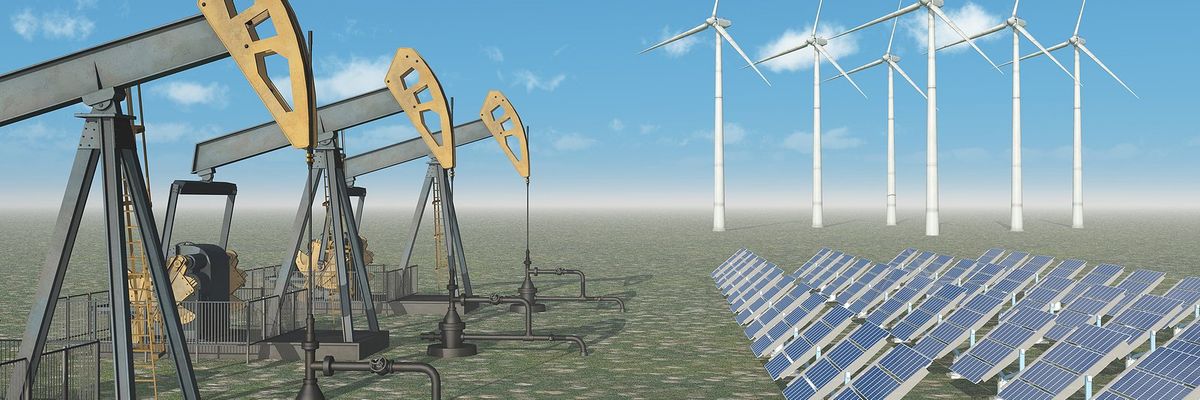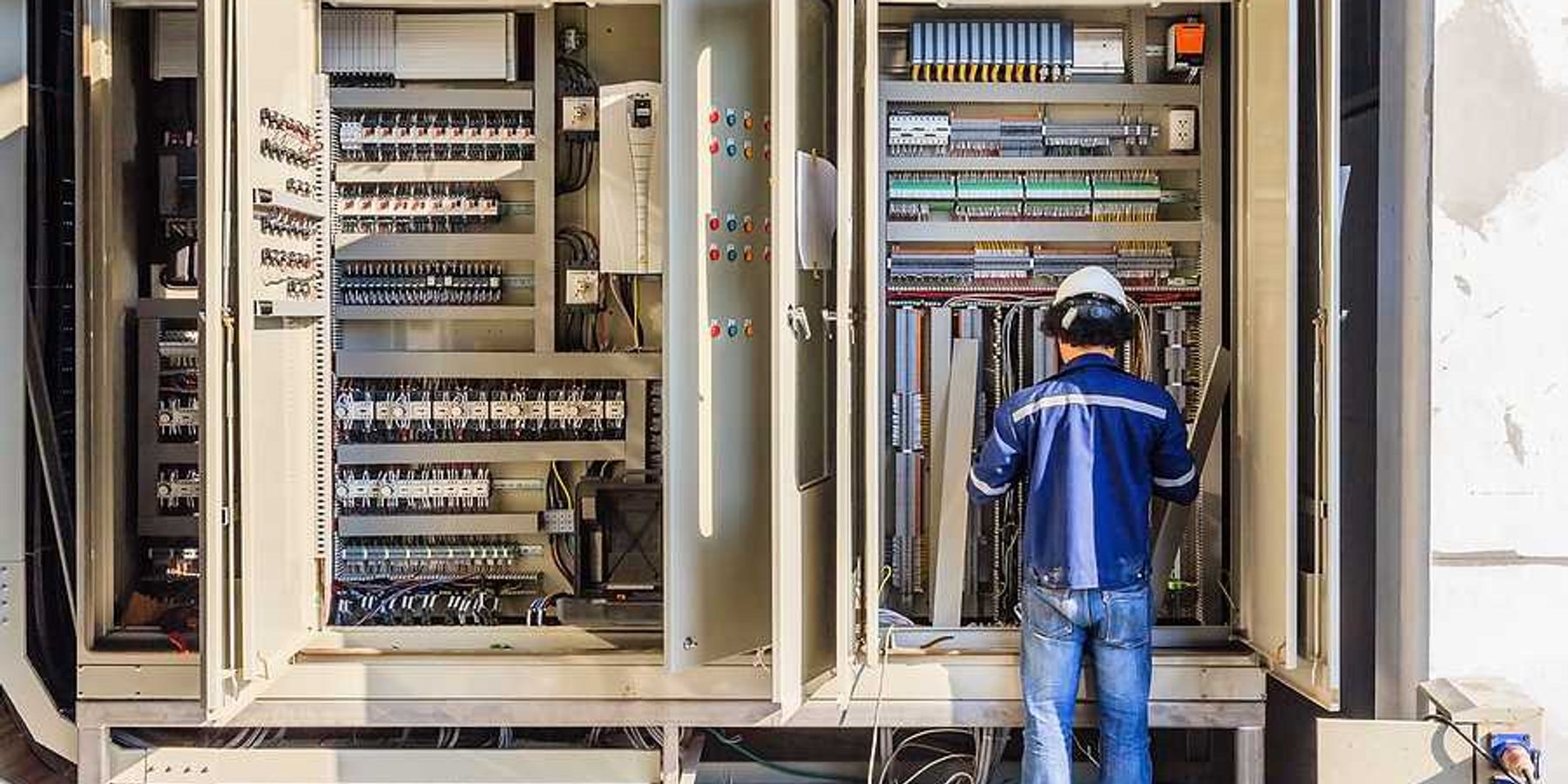renewable
Data centers in Washington are jeopardizing the state’s green energy goals
Washington's push for carbon neutrality by 2030 is at odds with tax incentives promoting energy-intensive data centers, which strain the power grid and threaten green energy efforts.
Lulu Ramadan and Sydney Brownstone report for The Seattle Times in partnership with ProPublica.
In short:
- Grant County's data centers, drawn by cheap hydroelectricity, now consume more power than any other local sector, leading to an energy crunch.
- The state’s hydropower is finite, forcing counties to use unspecified, often carbon-emitting, energy sources to meet rising demand.
- Legislative efforts to study data center energy consumption were vetoed, leaving gaps in understanding their impact on the power grid.
Key quote:
“Our existing hydro system is pretty much tapped out. So you’ve got a dilemma of how you’ll meet this additional load from data centers with clean resources or, frankly, with any resources.”
— Randall Hardy, energy consultant and former administrator of Bonneville Power Administration.
Why this matters:
Balancing economic growth and environmental goals is critical as data centers increase energy demand, potentially undermining the state's commitment to green energy and leading to higher electricity rates and reliability issues.
Vietnam to let big companies buy clean energy directly
Vietnam will allow major factories to purchase electricity from renewable sources, helping them meet climate goals and easing grid pressure.
In short:
- Vietnam approved Direct Power Purchase Agreements (DPPAs) allowing factories to buy energy directly from wind and solar producers.
- This move aids companies like Samsung and Apple in meeting climate commitments and encourages new renewable energy projects.
- The policy aims to reduce reliance on fossil fuels and improve Vietnam's energy grid stability.
Key quote:
"We can expect more renewable energy capacities installed if this scheme is successful."
— Dinita Setyawati, Senior Electricity Policy Analyst for Southeast Asia at Ember
Why this matters:
Allowing direct clean energy purchases supports global corporate climate goals and boosts renewable energy development in Vietnam, providing a model for other countries to follow.
Trump's push for fossil fuels could clash with Europe's green transition
As the U.S. boosts fossil fuel deals under Trump and Biden, Europe's shift to renewables risks reducing demand for American gas.
In short:
- Donald Trump and Joe Biden are both promoting U.S. fossil fuel exports, but Europe's decreasing gas demand could undermine these plans.
- Europe's commitment to reducing emissions has led to a significant drop in gas usage, with a shift towards renewable energy.
- U.S. companies, expecting a decline in European demand, are pivoting towards Asia for future gas and LNG markets.
Key quote:
"We expect that demand for natural gas is going to continue declining at pace. Given we have these climate commitments, the expectation is that demand will be lower by 2030, even lower by 2040, with the effect that there is no long-term gas demand in Europe."
— Georg Zachmann, senior fellow at economics think tank Bruegel
Why this matters:
The clash between U.S. fossil fuel ambitions and Europe's renewable energy goals could lead to oversupply and economic repercussions. As Europe reduces gas dependency, American companies will need to adapt to changing global energy demands.
Georgia companies face hurdles in cutting emissions due to utility policies
Businesses in Georgia are striving to meet clean energy targets, but utilities are not keeping pace, hindering progress.
In short:
- Georgia Power’s new nuclear reactors provide carbon-free energy but still leave less than half the state’s electricity carbon-free.
- Hyundai and other companies are offsetting their energy use with out-of-state renewable sources due to insufficient local clean energy.
- Local governments and large corporations are pressuring the Georgia Public Service Commission for more renewable energy and affordable rates.
Key quote:
“Our clean energy plan says it explicitly. We’re not going to be able to meet our clean energy goals without the utility.”
— David Nifong, Decatur’s energy and sustainability manager
Why this matters:
Clean energy targets are critical to combat climate change, but progress is slow due to lagging utility policies. Companies and governments must collaborate with utilities to meet emissions goals, underscoring the need for accelerated renewable energy development.
Midwest renewable energy projects face delays due to grid issues
Despite approval, Midwest renewable energy projects face significant delays due to faulty studies, supply chain issues, and costly grid upgrades, experts report.
In short:
- The Saratoga Solar Project in Wisconsin, a 150-megawatt solar farm, faces a three-year delay due to interconnection and supply chain issues.
- More than 11,000 renewable energy projects nationwide are waiting to connect to power grids, causing extensive delays despite state-level legislative efforts.
- Developers face high costs for grid upgrades, often delaying or canceling projects due to financial and logistical challenges.
Key quote:
“... a grid unprepared to connect clean energy is putting untenable transmission price tags on projects expected to bear the cost of big upgrades on their own.”
— Beth Soholt, executive director at the Clean Grid Alliance
Why this matters:
Delays in connecting renewable energy projects to the grid hinder progress toward state and federal climate goals. The global supply chain crisis has not spared the renewable energy sector, with delays in obtaining critical components like turbines and solar panels. This bottleneck is particularly frustrating for projects that are otherwise ready to go.
California receives federal funds to train climate-resilient workforce
California has been awarded $60 million in federal funding to develop a climate-ready workforce across the state, including a $9.5 million investment for Long Beach City College.
In short:
- The U.S. Department of Commerce and NOAA allocated funds to nine states and territories, with California among them, to enhance job training in climate resilience.
- Long Beach City College will create the Los Angeles County Climate Ready Employment Council to focus on training for water and solar sector jobs.
- The initiative aims to prepare a skilled workforce to tackle climate impacts like sea level rise and flooding.
Key quote:
"Climate change accelerates the need for a new generation of skilled workers who can help communities address a wide range of climate impacts."
— Gina Raimondo, U.S. Secretary of Commerce
Why this matters:
As climate change intensifies, there is a growing need for skilled workers to help communities adapt and build resilience against its impacts. Training programs are essential for creating jobs and supporting economic stability while addressing environmental challenges.
Global renewable energy goal falls short of 2030 target, says IEA
The world is not on track to triple renewable electricity generation by 2030, an important step in transitioning from fossil fuels, but progress is accelerating.
In short:
- The International Energy Agency (IEA) found that current policies would only roughly double global renewable generation by 2030.
- Solar power constitutes about half of the planned capacity, while wind accounts for a quarter.
- Governments must focus on upgrading electricity grids, which are currently hindering progress.
Key quote:
“The tripling target is ambitious but achievable – though only if governments quickly turn promises into plans of action.”
— Fatih Birol, executive director of the IEA
Why this matters:
Meeting renewable energy targets is essential to limiting global temperature rise to 1.5C above pre-industrial levels. Achieving these goals requires immediate government action and infrastructure improvements.
Related EHN coverage:









